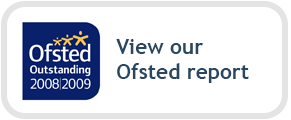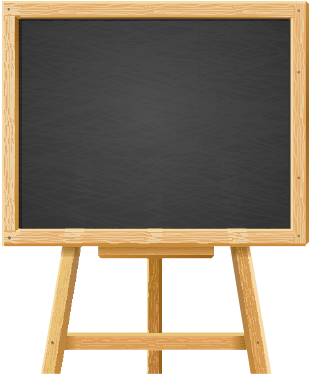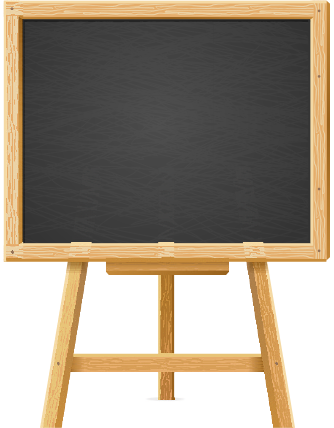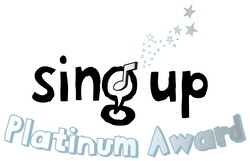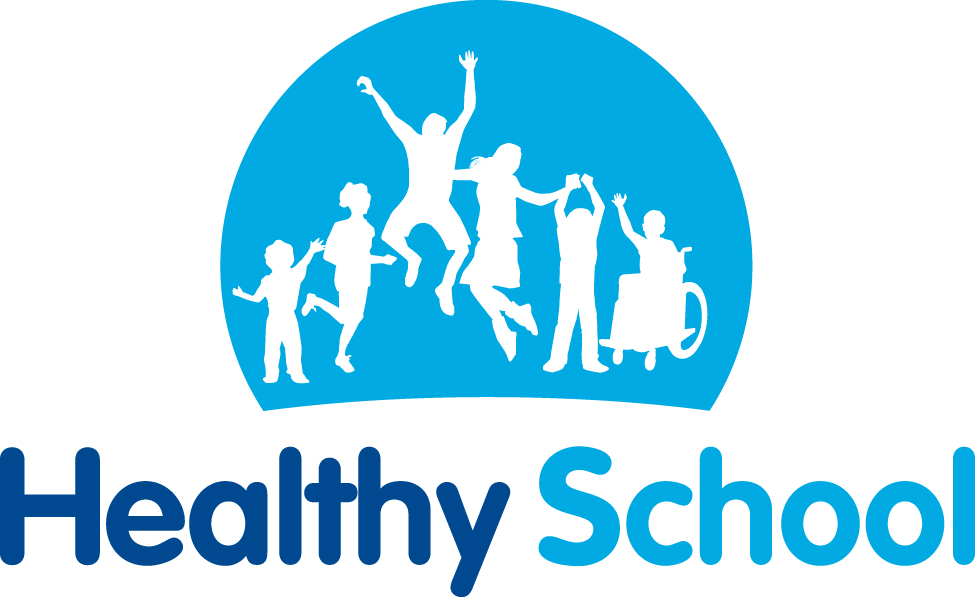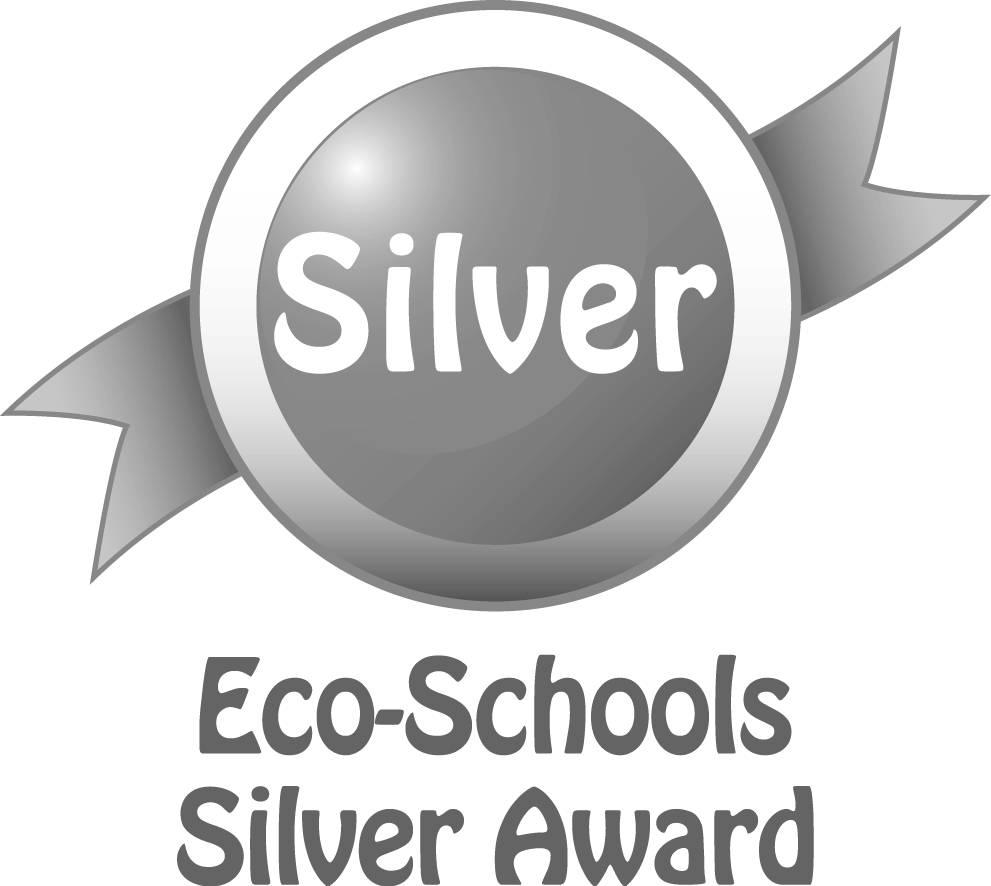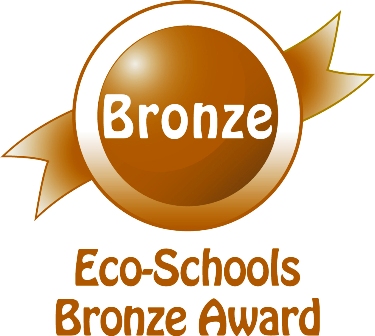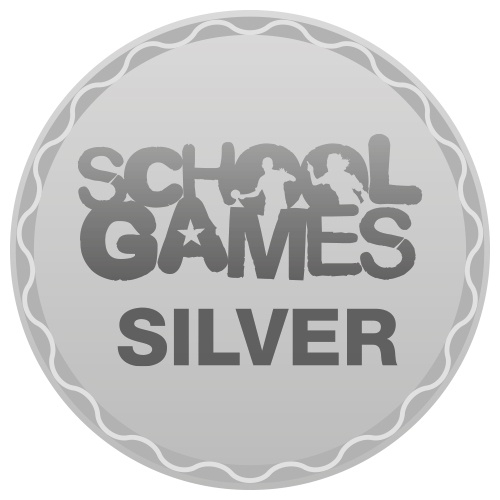Tuesday 19th May
Date: 19th May 2020 @ 8:21am
Good morning Year 4!
How are you today? Are you ready for another challenge, I was so impressed by all of the work you completed on the water cycle I have decided to set you another project!
Your challenge this week is to learn all about rivers. Rivers would have been our geography focus if we were in school. I will give you different information each day and I would like you to use that, along with any research you can find out yourself, to create a small project all about rivers. This could be a poster, a report, a PowerPoint or any other imaginative way you can think of to present your information. I will also set up a blank report template as a 2Do on Purple Mash for anyone who would like to complete their project that way. Here are some questions that I would like you to try and answer in your project:
- Can you describe the journey a river takes from its source to the mouth of the river?
- What do the following words mean?
- Erosion
- Deposition
- Transportation
- Meander
- Source
- Mouth
- Can you choose one of the world’s rivers (the Amazon River, the Thames River, the River Po, or the Nile for example) and include a short fact file about the river of your choice.
If we were in school this would be the last week before half term and a well earned rest. This half term holiday is 2 weeks long so, after Friday, I will not be posting again until the 8th June. I don’t expect anyone to complete their river project this week, so if you are bored over half term you can always do some research and continue with this project then.
Today I would like you to look at the following BBC pages about Rivers.
https://www.bbc.co.uk/bitesize/topics/z849q
https://www.bbc.co.uk/bitesize/clips/zb39jxs
Make some notes as you watch the videos on these pages as they contain some great information all about rivers. I have also attached a comprehension about rivers to this blog. There are three versions of the comprehension, choose the one that you think best fits you!
The BBC Bitesize maths lesson today is focusing on simplifying fractions. We have looked at this in class, it is about finding the smallest equivalent fraction you can by dividing the numerator and denominator by the same number.
For example, 6/12 = 1/2 – Both the numerator and denominator have been divided by 6.
Page 6 of the booklet has questions all about simplifying fractions if you would like more practise.
The English lesson today is all about formal and informal language. When we produce a piece of writing we need to decide whether to use formal or informal language based on who we are writing to. Informal language is used when we write to someone we know well like a friend. Formal language is used when we write to someone we don’t know very well or someone that we have never met. We also don’t use contractions in formal writing. I hope you can all remember what a contraction is! I have used one in this paragraph – can you spot it?
It was don’t, I have used an apostrophe for contraction to join the words do not together. Page 7 of the booklet has some questions about identifying whether language is formal or informal.
Well done to Gabriel, Poppy, Emily, Reggie, Joshua M, Ava and Iris who have completed the sessions on Times Tables Rock Stars!
I look forward to seeing some of your river projects when they are finished!
I will post again tomorrow,
Miss Gradwell
P.S. When you are using the internet for research remember to use google safe search like we do in school and to ask an adults permission before going onto the internet. Also, remember to follow the SMART rules for staying safe online.





